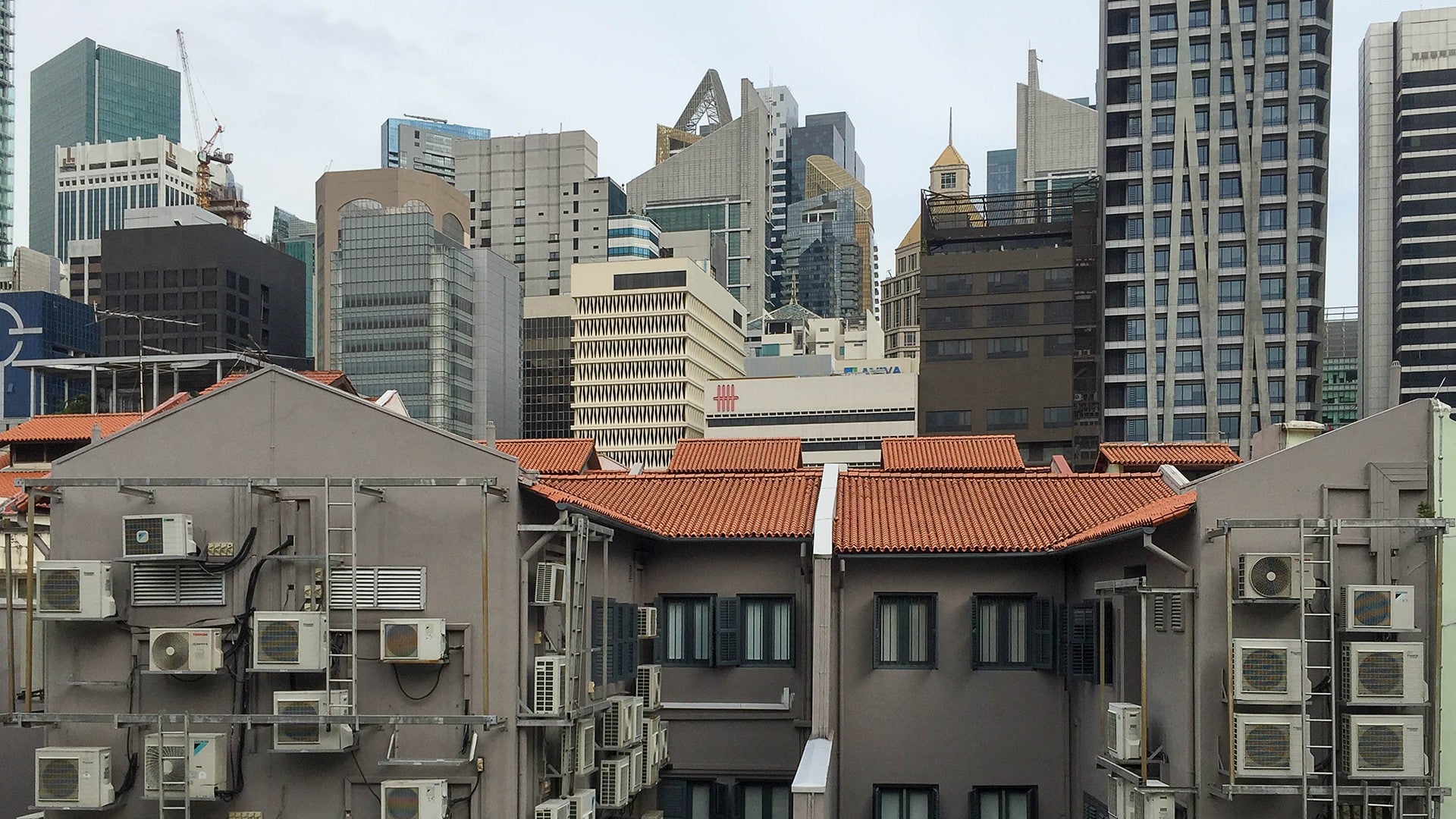Beating the city heat: A social science study in urban Asia

A team of researchers led by Associate Professor Gregory Clancey, Leader of the Science, Technology, and Society Cluster at NUS Asia Research Institute (ARI), has launched a project titled ‘Heat in Urban Asia’ to study temperature changes, methods of heat alleviation, as well as the social, economic and health impacts of hazardous heat in the four cities of Singapore, Hong Kong, Delhi and Wuhan. This is the first and arguably the most ambitious effort to understand urban heat from a humanities and social science perspective, not only in Asia, but worldwide.
Assoc Prof Gregory Clancey, who is also a historian from NUS Arts and Social Sciences, shared, “We are heading toward a hotter future, but aren’t very prepared for that culturally. Understanding how we have adapted to heat in the past may give us more confidence, and some ideas, about how to deal with it in the current century.”
Co-Principal Investigator Assoc Prof Chang Jiat Hwee from the Department of Architecture at NUS Design and Environment, added, “Urban heat is essentially a socio-spatial problem so it is important to understand the problem from a built environmental perspective.”
Aside from Assoc Profs Clancey and Chang, lending her expertise to the project is Dr Yoonhee Jung, ARI Postdoctoral Fellow and research project manager. The team also includes scholars from other local institutes of higher learning as well as collaborators from overseas universities such as Hong Kong University and Durham University.
Full article can accessed on NUS News, 12 May 2021

